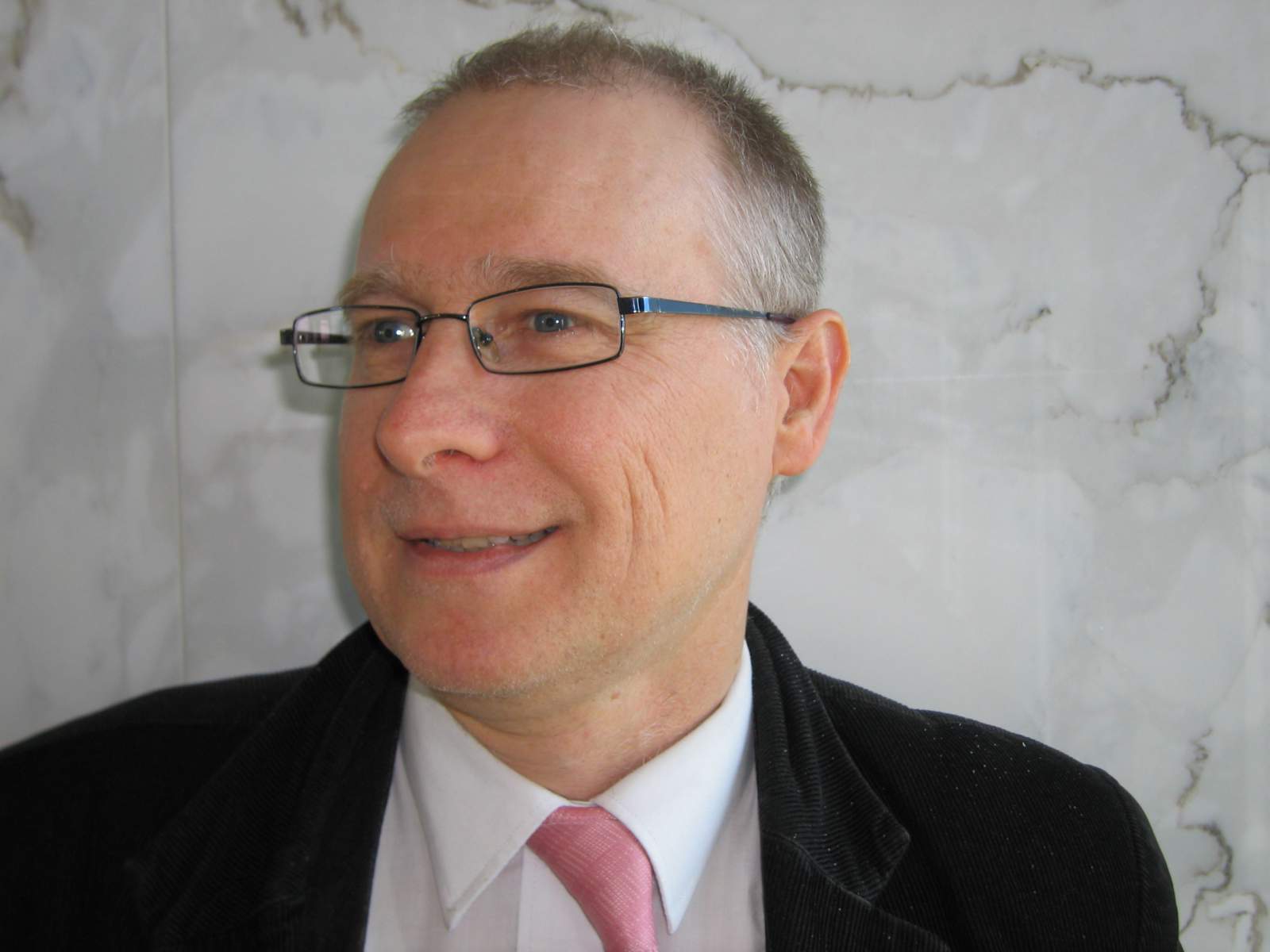Community & Institution History
Community history refers to the practice of historical research and writing in interpersonal settings, either inside or outside institutions.
An institution is an organisation with history, and in that time formal structures and codes (rules, protocols) have been put into place. A community is an organisation with history, and in that time formal and informal relations has developed as a network of communication and interpersonal presence.
What makes community history is a sense of belonging, a club, a society, an association, or personable groups that inhabit institutions.
Institution history is the practice of historical research and writing informal organization, such as ‘the establishment’, foundations, corporations, incorporations, or lobbying and political parties. More often institutions have public, educational, or charitable characteristics, and communities express the cultural and social bonding inside or outside the institutions.
Both Community & Institution history are transformative, at both personal and social-political levels.
The importance of allowing people to tell their stories and be heard is what makes a community or institution stronger, allowing them to look to the past while aiming for a better future.
We are all history players, participants in retelling the past. Members of Community and Institution history can feel proud of their histories; they can see their personal experiences validated; they can enjoy the intergenerational connections, and see such bonds as contributing to community cohesion. Members can also learn, see new perspectives, and adjust their thinking through a personable history education.
We all can enjoy history, and of its significance, beyond the satisfaction of curiosity, in offering a sense of belonging, a deep understanding of place, as factors in a civic consciousness.
Communities that appreciate stories about their local history are more likely to support historic preservation while also seek out new directions. Not captivated to the past nor the future, history is about growth and sustainability.
Dr Neville Buch can describe that historical process for your organisation. Dr Buch’s major tome, No Regrets in the Evening of Life: The History of Junction Park State School 1888-2013 (Boolarong Press, 2015, pp. 459) revealed the importance of a heritage primary school as an institution and as a community.
In 2014 Dr Buch did the same thing in the coffee table book, Celebrating 40 Years. St Thomas More College, God’s Servant First 1974-2014 (St Thomas More College, 2014, pp. 123); and in 2016 with the book, A Quest for a Fair Go: A History of the Knights of the Southern Cross in Queensland (with Beryl Roberts; Stafford, Qld, The Knights of the Southern Cross Qld, 2016, pp. 281).
Talk with Neville today to see what your Community or institution can do to improve your history involvement.
About Dr Neville Buch
Neville Buch (Pronounced Book) Ph.D. is a certified member of the Professional Historians Association (Queensland). Since 2010 he has operated a sole trade business in history consultancy. He was a Q ANZAC 100 Fellow 2014-2015 at the State Library of Queensland. Dr Buch was the PHA (Qld) e-Bulletin, the monthly state association’s electronic publication, and was a member of its Management Committee. He is the Managing Director of the Brisbane Southside History Network.
Services
- Community & Institution History
- Local History
- Educated Society & Geographical History
- Civil Society & Political History
- Philosophy in Literature History
- Religion & Secular History
- Rationalism & Skepticism History
- Personal & Family History
- Mapping History
- Digital History Imagery
- Historical Sociology
- Networks & Schema History
Services
A full list of historian
services available
Projects
The great portfolio of previous projects
About
About the Historian
Dr Neville Buch
Contact
Get in contact with
Dr Neville Buch

